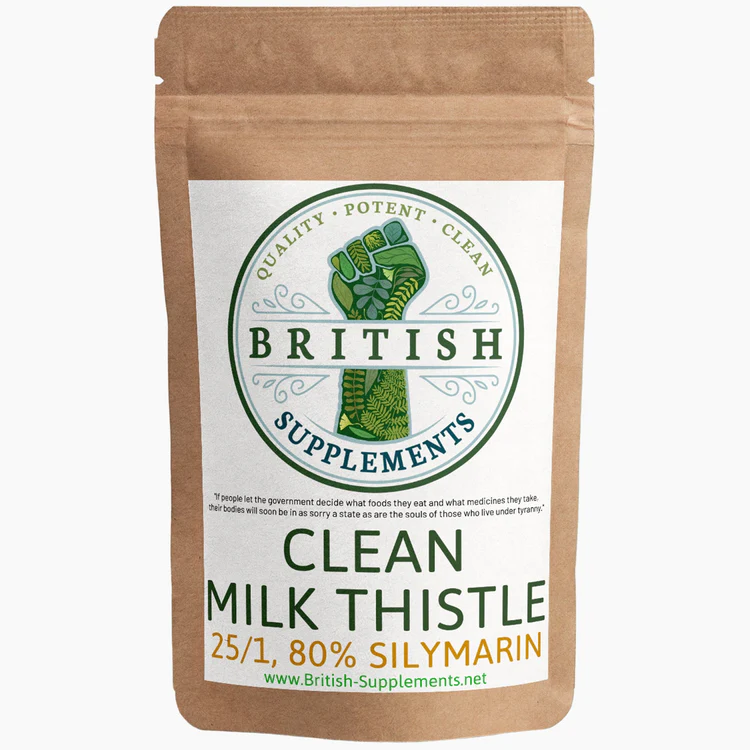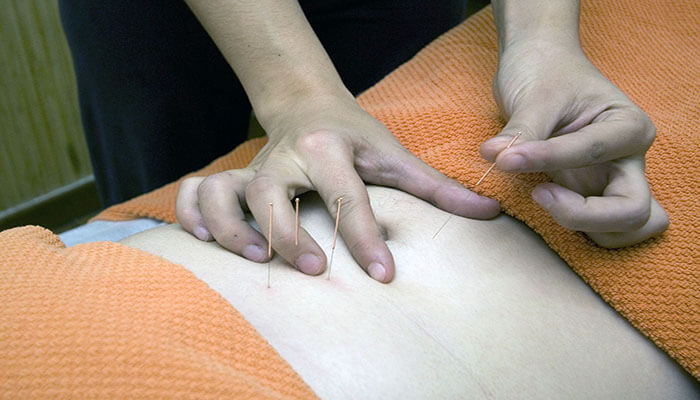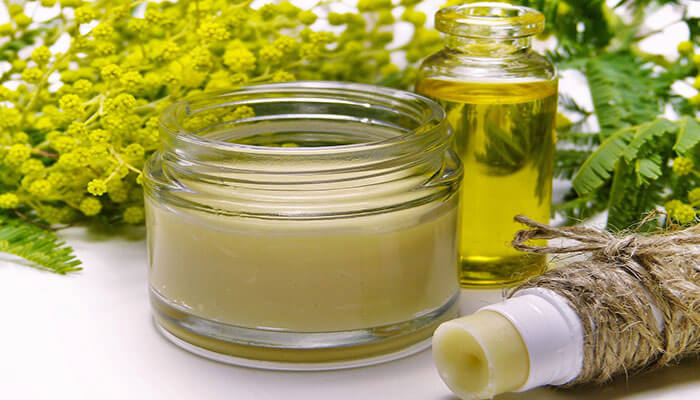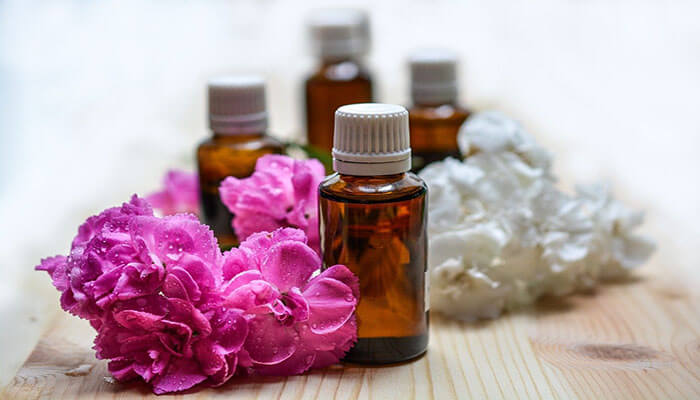Healthy Liver : Maintaining healthy liver is crucial for overall well-being, as the liver performs hundreds of vital functions. A healthy liver is essential for cleaning your blood and removing toxins and waste through urine and feces, storing glucose from the food we eat, producing bile for the digestion of fats amongest other things. Unfortunately in the western world we consume a heavy carbohydrate diet and our modern sedentary lifestyle can cause a fatty tissue which builds up on the inside of the liver, and prevents the liver from doing it job properly. You can support your liver by adopting healthy lifestyle.







